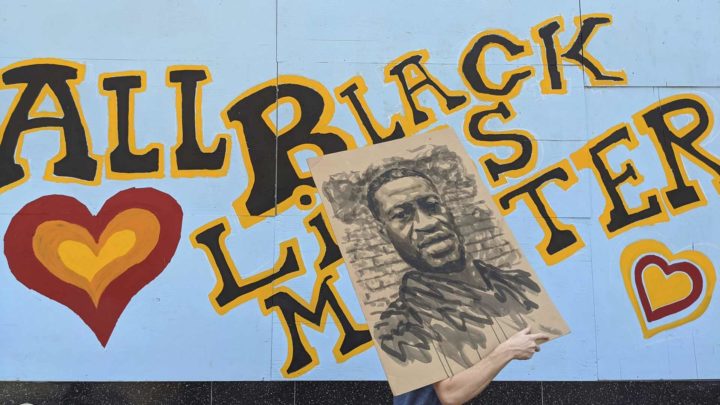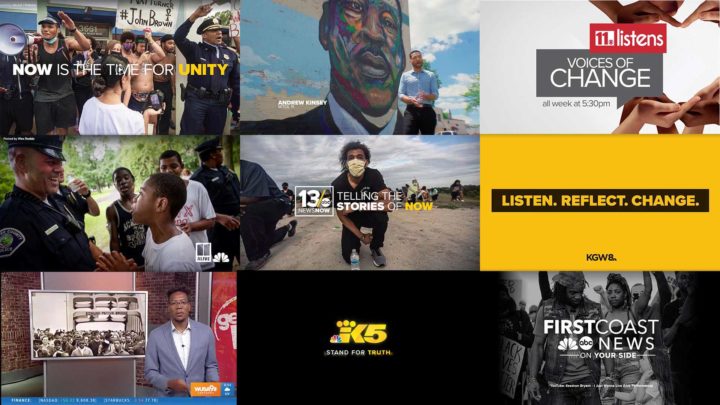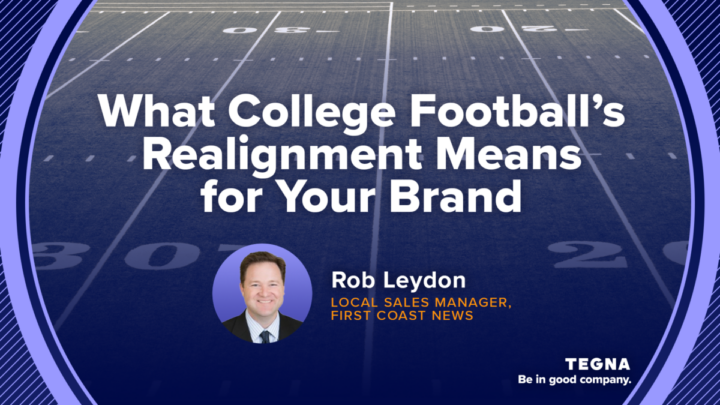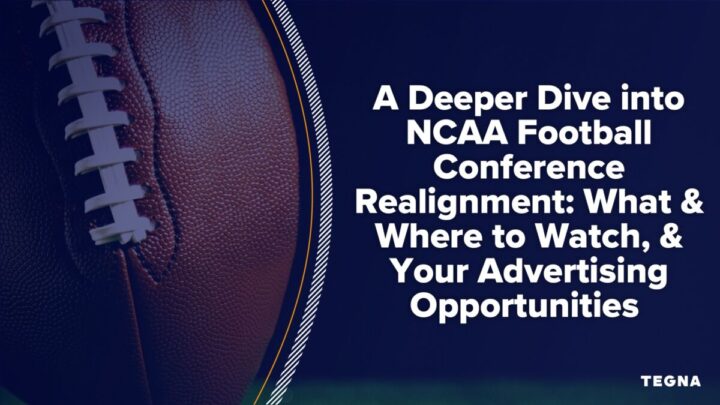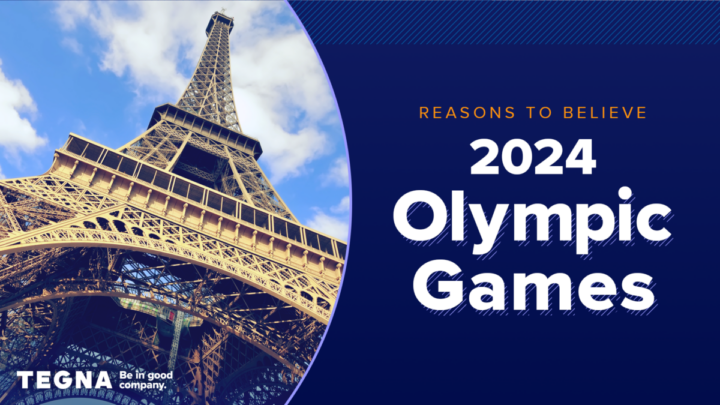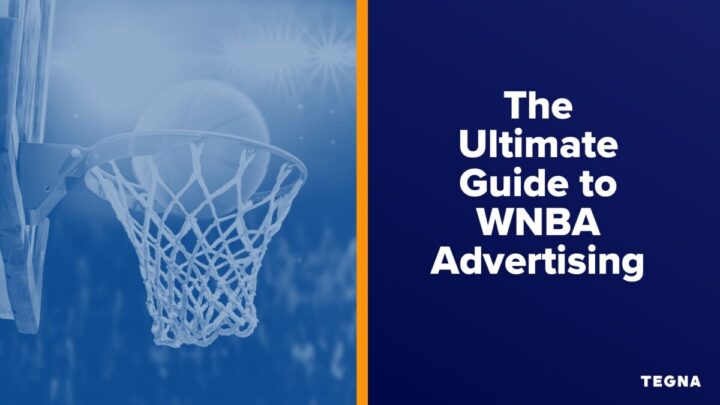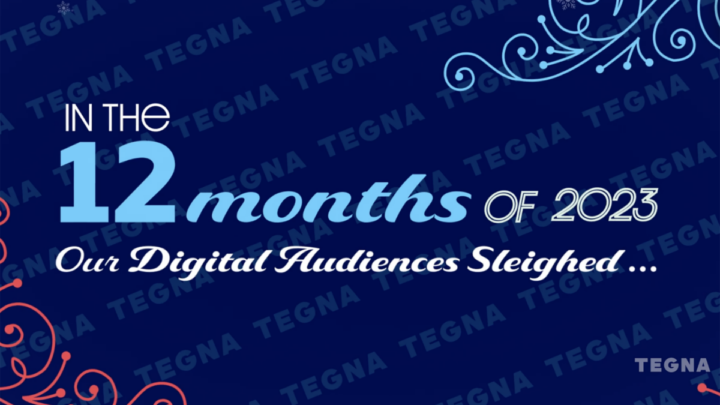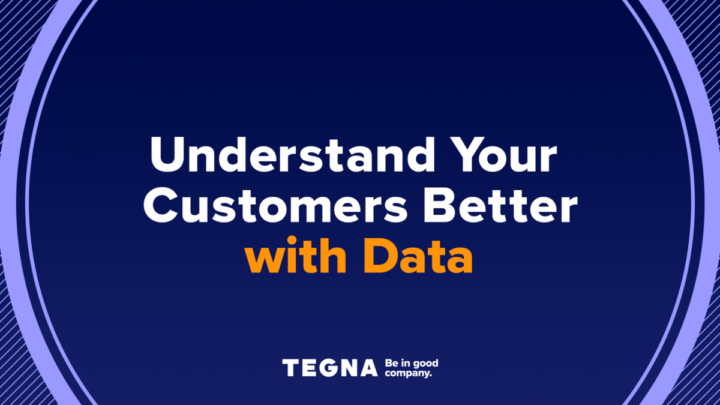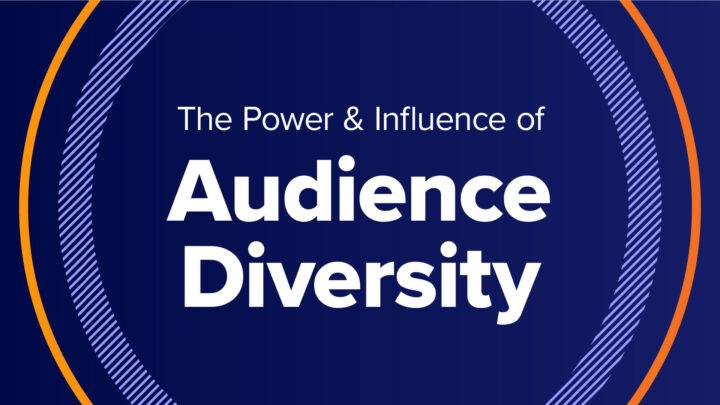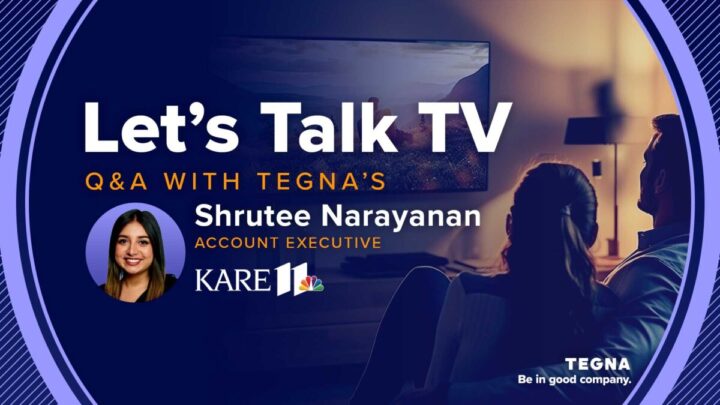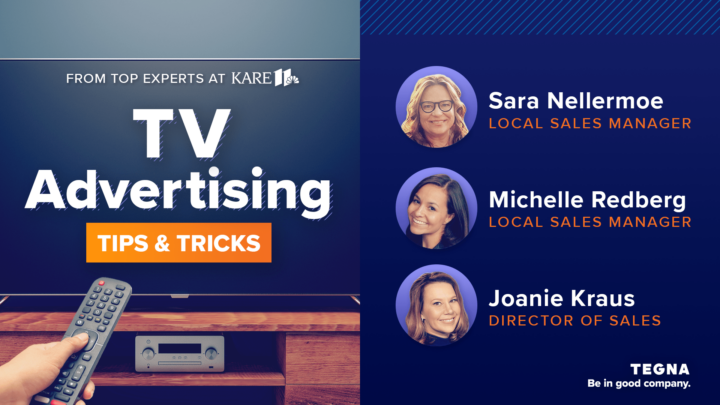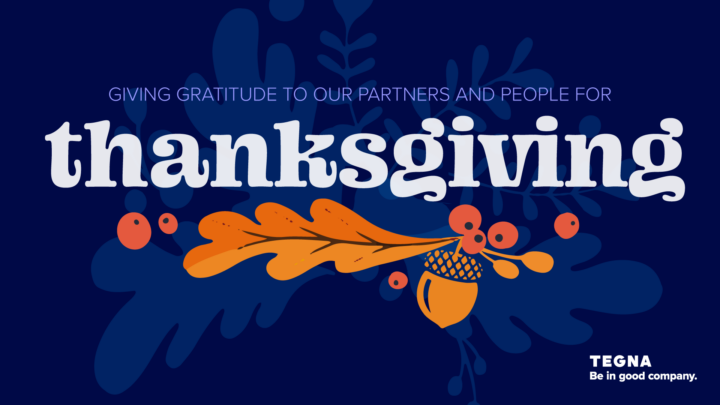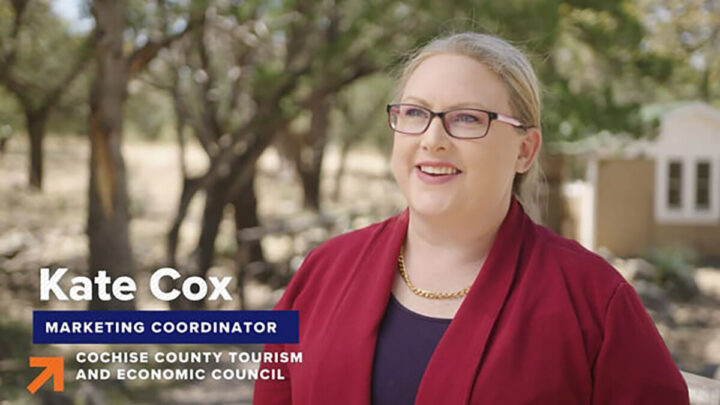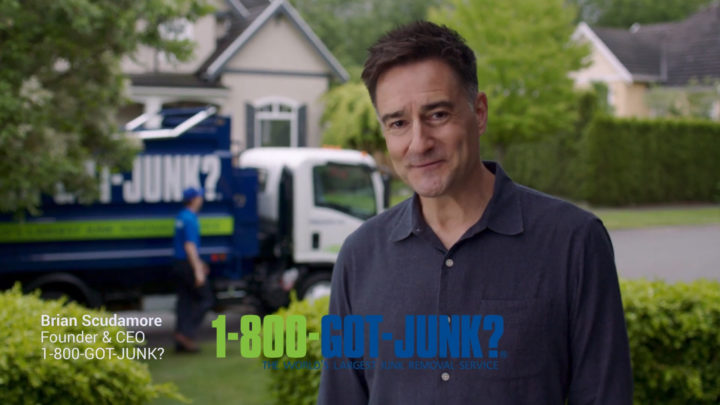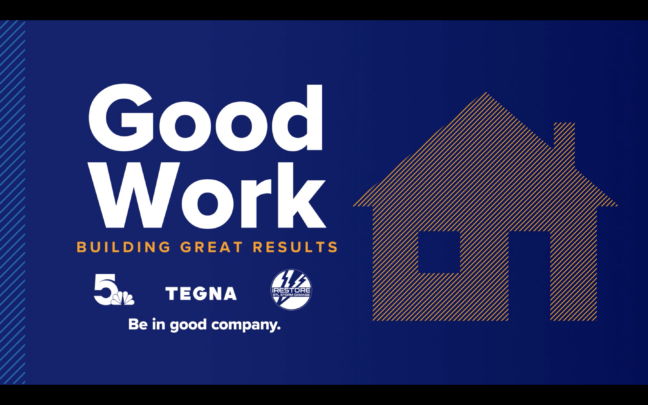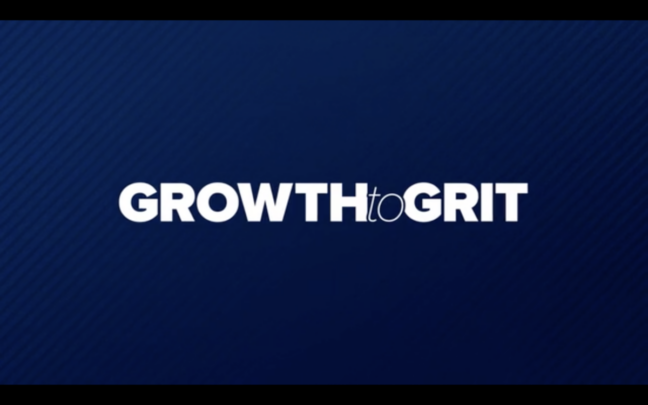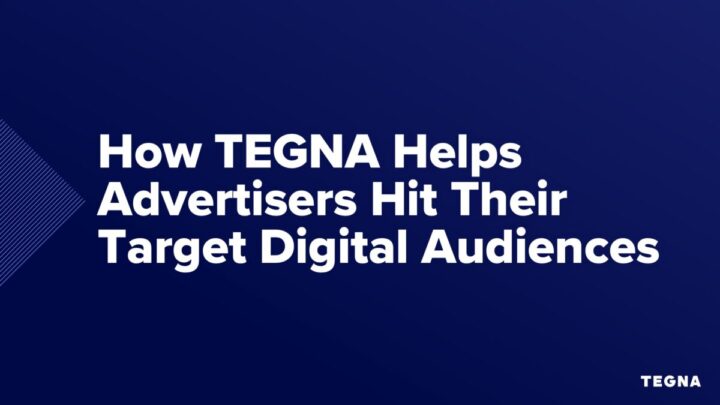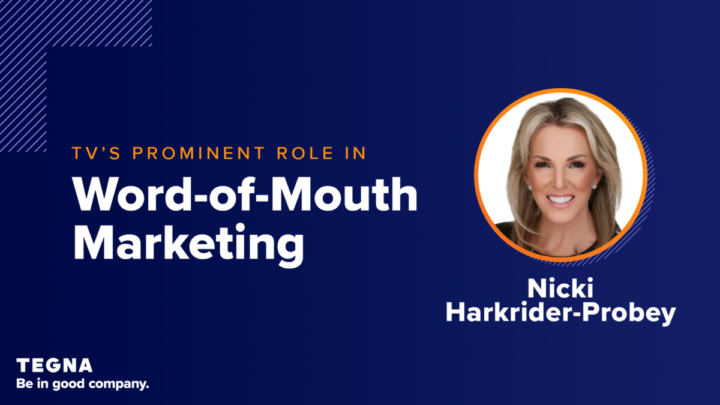Retailers Among Early Supporters for Ending Racism
In this installment of our ‘Marketing Amidst a Movement’ series, we take a look at the retail category which includes brands like Nike, P&G, and Target.
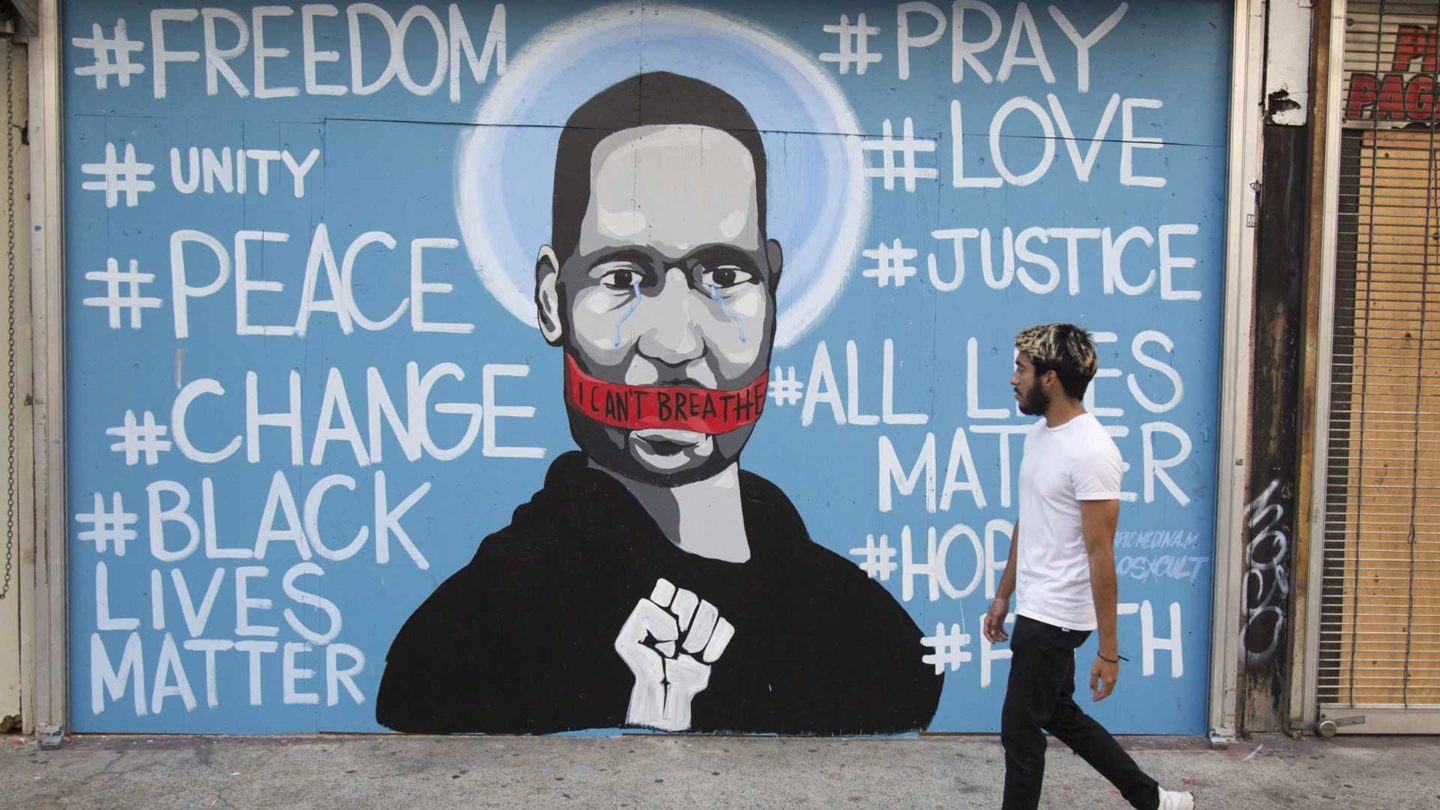
TEGNA’s ‘Marketing Amidst a Movement’ series is dedicated to the minority-owned businesses we support across our markets. We celebrate our partners’ resilience and determination and join in their commitment to building more diverse marketplaces across our communities. Part of our commitment includes a $100,000 donation to the NAACP Legal Defense Fund.
———————-
Historically and on average, brands in America steered clear from messaging on controversial topics. Many carefully avoided politics and sensitive issues like civil unrest, protests, and rioting. Today, in the wake of George Floyd’s death at the hands of former Minneapolis police officers, brands around the globe are shifting course, taking stands against racial inequality and systemic racism.
A new era of brand activism has begun and TEGNA is taking a sector by sector look at how this era is unfolding. In this installment of our ‘Marketing Amidst a Movement’ series, we take a look at the retail category.
Nike Moves First in Support of BLM
Nike has never been one to shy away from bold political statements. In fact, it was an early supporter of Black Lives Matter with its 2018 ad featuring former NFL quarterback Colin Kaepernick and the words “Believe in something. Even if it means sacrificing everything.”
Today, Nike continues its approach. They were one of the first brands to speak out amidst the protests, issuing a statement well ahead of other brands as protests broke out across the nation.
“Nike has a long history of standing against bigotry, hatred, and inequality in all forms,” said a Nike spokeswoman in a statement. To illustrate this, Nike’s new ad campaign changed its iconic tagline from “Just Do It” to “Don’t Do It” a mere five days after George Floyd was killed by Minneapolis police.
“We hope that by sharing this film we can serve as a catalyst to inspire action against a deep issue in our society and encourage people to help shape a better future,” the statement reads.
The ad was an instant conversation starter. On Twitter, it generated 108,000 retweets, 226,000 likes, and 2,600 comments, such as “I’m never buying one pair of Nikes again. Because I’ll buy 10.”
P&G Urges Honest Conversation Around Race
In 2018, P&G, a consumer goods company whose brands include Tide and Pampers, won an outstanding commercial Emmy for The Talk. Along with two others in the series, The Look, and The Choice, these short films highlight the bias experienced by Black men and women in America in an attempt to bring people together for an honest and painful, yet necessary conversation.
The company is re-releasing these ads to a broader audience in the wake of Floyd’s death and has a website dedicated to educating visitors on race, providing resources to watch, read, listen to, where to donate, and how to engage in your local community.
Then, on June 3, P&G announced it would be donating $5 million to organizations that “fight for justice, advance economic opportunity, enable greater access to education and health care, and make our communities more equitable.” These groups include the AACP Legal Defense and Education Fund, YWCA Stand Against Racism, and the United Negro College Fund.
“At P&G, we know that an equal world is a better world – for everyone. We know that our success is grounded in the success of our employees, consumers, and communities. All of them. Today and every day we stand with those fighting for equality and justice. Join us,” reads the company statement.
Target Makes Big Company Changes, Donations
Target was in a unique position in responding to the aftermath of Floyd’s death, as its Lake Street store in Minneapolis was looted, prompting the company to close certain locations and issue a statement on how it would take care of its 200 displaced employees.
“As a Target team, we’ve huddled, we’ve consoled, we’ve witnessed horrific scenes similar to what’s playing out now and wept that not enough is changing. And as a team, we’ve vowed to face pain with a purpose,” CEO Brian Cornell said in a statement.
And that’s exactly what Target is doing. In the days that followed his statement, Target made several moves.
- It committed $10 million to National Urban League and the African American Leadership Forum.
- Help rebuilding and recovery efforts in local communities with “10,000 hours of pro-bono consulting services for Black- and people-of-color-owned small businesses in the Twin Cities.”
- Offer customers the option to donate to social justice organizations through Target circle, its loyalty program.
- Continue to provide essential resources to communities in need with baby formula, diapers, and medicine in the wake of civil unrest.
- Declared Juneteenth a company holiday. Hourly team members working the holiday will be paid time and a half, with all employees having the option to take the day off, with full pay.
- Renewed its commitment to employees and raised the minimum wage to $15 an hour.
“This is just one step. In the coming weeks and months, we’ll continue to listen and learn from our team members, our guests, and our community partners — all to further Target’s role in creating tangible and lasting change,” the statement concludes.
Walmart, CVS, Walgreens Unlock Beauty Products
Like several other companies, Walmart and the Walmart Foundation committed $10 million to social justice causes over the next five years “to address racism head-on and accelerate meaningful change in communities across the country,” it said in a tweet. It also published “We’re Listening” on its YouTube channel, in which store manager NaToya Champion shares what we can do to help take care of each other.
However, what is unique to Walmart’s biggest change in the wake of George Floyd’s death, dates back to a 2018 federal lawsuit. In the suit, a woman named Essie Grundy noticed that the hair and beauty products for Blacks were behind lock and key, causing her to feel “shame and humiliation” and that the company automatically stereotyped her as a criminal.
At the time, Walmart denied any wrongdoing, claiming it had the right to apply enhanced security measures for items with high rates of theft – which also includes batteries and razors. The case was later dismissed.
In the wake of George Floyd’s death however, Walmart has reversed its stance. Now, the company will unlock all of its African American beauty products – and fellow retailers CVS and Walgreens are doing the same.
Do you have thoughts you’d like to share on how companies are responding to issues presented by the George Floyd case? We’d love to hear from you. Comment below to share your perspective.
